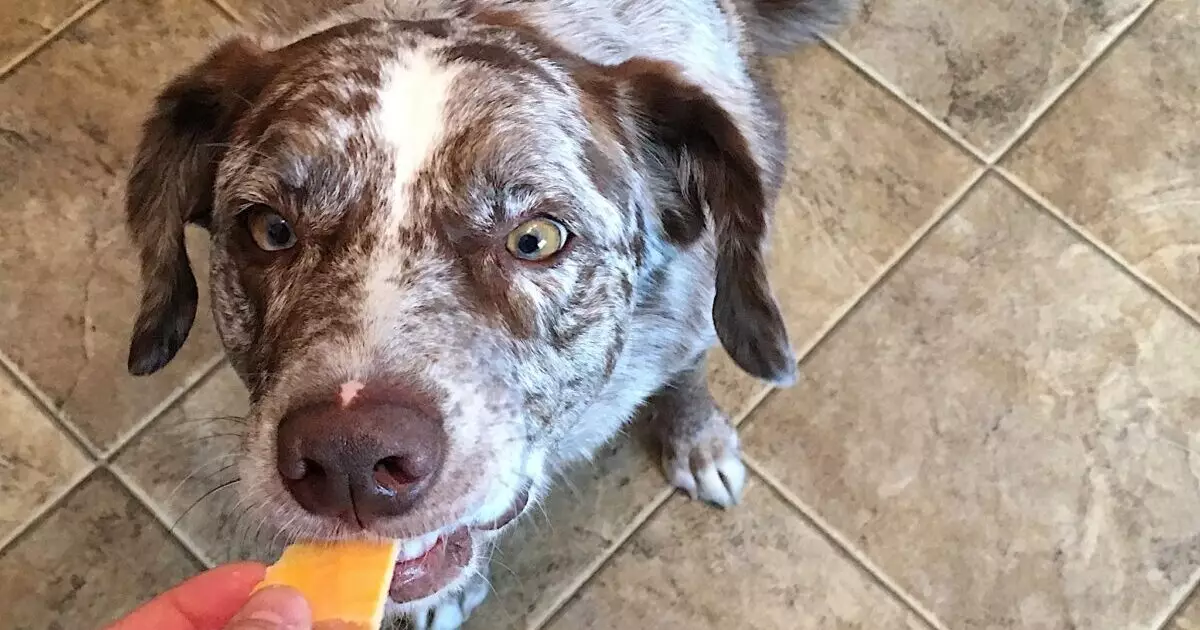As dog parents, we cherish our furry companions, but certain aspects of their habits can be less than appealing. One such issue is flatulence — the surprising and often unpleasant reality that some dog owners face. The truth is, canine flatulence can stem from a variety of dietary choices, leading to not only embarrassing moments but also potential health concerns for our pets. Understanding the specific culprits behind gas can help us make informed decisions to ensure a more comfortable life for our beloved dogs.
A dog’s digestive system can be considered sensitive, and like humans, they react differently to various foods. Certain breeds, notably brachycephalic dogs like Pugs and Bulldogs, tend to swallow air while eating due to their unique anatomical structures. This air intake can lead to increased gas production, which is something many dog owners can unfortunately attest to. Additionally, the human habit of sharing our food with our pets, while done out of love, often includes many ingredients that do not sit well with them.
Dairy Dilemma: A Common Offender
One of the prime suspects when it comes to your dog’s flatulence is dairy. While we may enjoy a bowl of ice cream or a slice of cheese, our canine friends can often struggle to digest lactose, the sugar found in dairy products. Much like humans who are lactose intolerant, dogs can experience gastrointestinal distress when consuming dairy, resulting in unwanted gas. The fermentation of lactose in the gut produces hydrogen, methane, and carbon dioxide — all leading to the uninvited odors wafting through your living space.
To reduce gas-related issues, consider eliminating dairy from your dog’s diet. Pay close attention to the ingredient list of your dog’s food and treats to avoid dairy derivatives. Making this simple adjustment could mean a fresher home and a happier pup.
The Importance of Fresh Food
One often overlooked aspect of a dog’s diet is the freshness of their food. Many commercial dog foods have expiration dates for a good reason: fats in these products can go rancid, leading to not only gas but also more serious digestive problems. Outdated food can also lose its nutritional value, which is essential for your dog’s health.
Opting for high-quality, fresh food options, such as those offered by brands focusing on human-grade ingredients, is a game changer. No dog should be stuck eating expired dry kibble that risks their health. Investing in a fresh food diet can dramatically improve your dog’s digestion and overall well-being, eliminating problematic gas and maintaining their vitality.
Beans and Grains: The Silent Trouble Makers
Processed food can be another sneaky source of flatulence for dogs. We may think of beans as a healthy legume—after all, they are full of protein!—but for dogs, the reality is far different. Beans, often dubbed as “the magical fruit” for their gassy effects on humans, can provoke the same digestive distress in our furry friends. They struggle to process these foods efficiently, leading to trouble in the form of stinky gas.
Additionally, many dog foods are packed with grains and fillers that are not only unnecessary for a dog’s diet but also problematic for their digestive systems. Ingredients like corn and soy often lead to gas production rather than vital nutrients. When selecting dog food, prioritize brands that emphasize quality over quantity and avoid those that rely on cheap fillers.
Serving Sizes Matter
Another factor contributing to a gassy dog may be the quantity of food being consumed. Treats and even healthy table scraps can throw off the balance of your dog’s diet. Portion sizes are critical, and giving too many treats — especially if they contain gas-inducing ingredients — can lead to distressing flatulence. Always ensure that portions are appropriate based on your dog’s size and dietary needs, keeping in mind their specific sensitivities.
The Path to a Healthier, Fresher Dog
Ultimately, while we love our dogs unconditionally, we don’t have to endure the unpleasant side effects that come with their flatulence. Simple changes to diet and food choices can alleviate much of the gas problem. Switching to high-quality, fresh food, being mindful of ingredient lists, and keeping a close watch on portion sizes can significantly enhance your dog’s digestive health.
As dog owners, it’s our responsibility to provide our furry family members with the best possible nutrition. Not only does a better diet lead to a more pleasant olfactory environment, but it also results in happier, healthier pups who can enjoy life to the fullest, without the unpleasantries of smelly gas.

